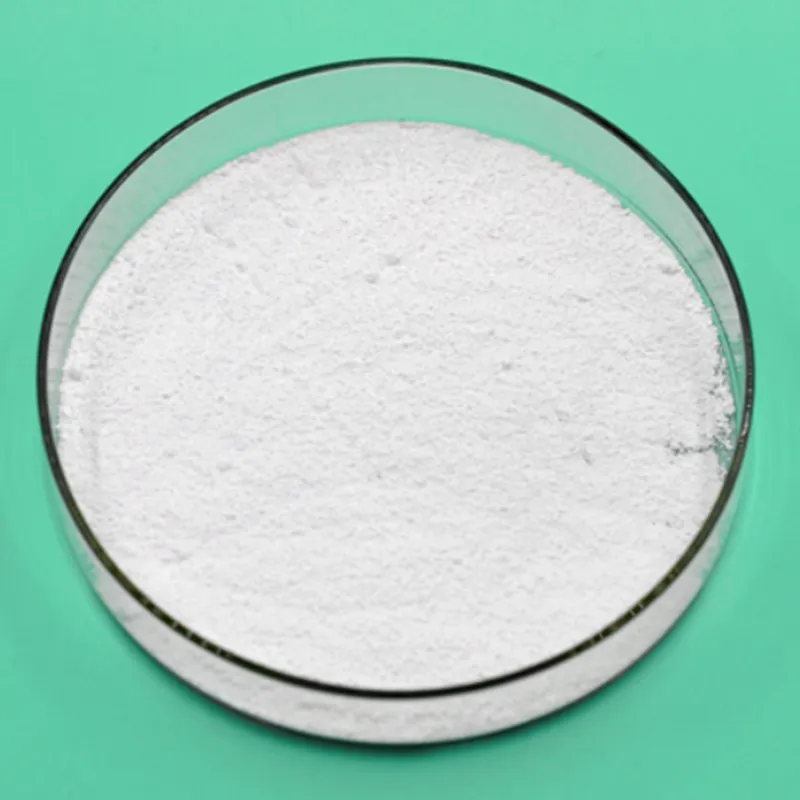
Understanding E211 Food Additive and Its Role in Food Preservation
Understanding E211 The Food Additive You Should Know
In our modern diet, food additives play a crucial role in enhancing the flavor, appearance, and shelf life of our foods. Among these additives is E211, commonly known as sodium benzoate. This article delves into what E211 is, its applications, safety concerns, and its overall impact on our health and the food industry.
What is E211?
E211, or sodium benzoate, is a sodium salt of benzoic acid. It is a widely used preservative found in various food products. Sodium benzoate is particularly effective in acidic environments, which is why it is often utilized in foods with a pH below 7, such as soft drinks, fruit juices, pickles, and certain jams. When added to these products, it helps to inhibit the growth of mold, yeast, and some bacteria, thus extending shelf life and ensuring food safety.
How Does E211 Work?
The mechanism through which sodium benzoate exerts its preservative effects lies in its ability to disrupt the metabolic processes of microorganisms. By limiting the availability of essential substrates and interfering with the cellular functions of bacteria and fungi, E211 effectively prevents spoilage. This makes it a valuable ingredient in the food manufacturing process, allowing producers to offer consumers products that maintain quality over longer periods.
Safety and Regulation
E211 is generally recognized as safe (GRAS) when consumed in moderate amounts. Regulatory agencies, including the U.S. Food and Drug Administration (FDA) and the European Food Safety Authority (EFSA), have established acceptable daily intake levels to ensure consumer safety. The allowable concentration of sodium benzoate in food products varies by country, but it is commonly found in concentrations up to 0.1% by weight.
e211 food additive

However, concerns about sodium benzoate often arise, particularly regarding its potential to form benzene, a known carcinogen, when it is exposed to high levels of vitamin C (ascorbic acid) under certain conditions, such as in the presence of light and heat. While the risk of benzene formation in foods is low and tightly regulated, it underlines the necessity for consumers to remain informed about the components of their diets.
Health Concerns and Controversies
Despite regulatory assurances, some studies suggest that E211 might have adverse effects, particularly for susceptible individuals. High doses of sodium benzoate have been linked to hyperactivity in children, although scientific consensus on this matter remains inconclusive. Additionally, concerns about potential allergic reactions or sensitivities have prompted some consumers to avoid products containing this additive.
Moreover, sodium benzoate has garnered attention due to its role in food presentation. Some consumers worry that its use might encourage the overconsumption of sugary or low-nutritional foods. The perception that products containing E211 are less healthy has led to a trend toward cleaner eating, where consumers actively seek to eliminate artificial additives from their diets.
Conclusion
E211 is a prevalent food additive that has proven its worth in food preservation and safety. While it is deemed safe by regulatory authorities, the ongoing debate surrounding its health implications highlights the importance of consumer education. With a growing emphasis on food transparency and ingredient awareness, manufacturers are beginning to respond by reformulating products to limit the use of certain additives, including sodium benzoate.
As consumers, it is essential to stay informed about what we consume. Understanding food additives like E211 can empower us to make more informed decisions about our diets. Whether one chooses to embrace or avoid foods containing E211, knowledge is power in the quest for a healthier lifestyle. Always look for reliable information and consult health professionals for personalized advice on dietary choices.
-
The Safety Challenges of Ammonium Nitrate FertilizerNewsJun.26,2025
-
The Critical Role of Mining ChemicalsNewsJun.26,2025
-
Shelf Life of Glacial Acetic Acid Food GradeNewsJun.26,2025
-
Enhancing PVC Longevity with 1,2,3-Benzotriazole InnovationsNewsJun.26,2025
-
China’s Dominance in Food Additive ProductionNewsJun.26,2025
-
Can Aluminum Hydroxide Replace More Toxic Alternatives?NewsJun.26,2025
-
PE and PP Plastics with Benzotriazole AdditivesNewsJun.12,2025
Hebei Tenger Chemical Technology Co., Ltd. focuses on the chemical industry and is committed to the export service of chemical raw materials.
-

view more DiethanolisopropanolamineIn the ever-growing field of chemical solutions, diethanolisopropanolamine (DEIPA) stands out as a versatile and important compound. Due to its unique chemical structure and properties, DEIPA is of interest to various industries including construction, personal care, and agriculture. -

view more TriisopropanolamineTriisopropanolamine (TIPA) alkanol amine substance, is a kind of alcohol amine compound with amino and alcohol hydroxyl, and because of its molecules contains both amino and hydroxyl. -

view more Tetramethyl Thiuram DisulfideTetramethyl thiuram disulfide, also known as TMTD, is a white to light-yellow powder with a distinct sulfur-like odor. It is soluble in organic solvents such as benzene, acetone, and ethyl acetate, making it highly versatile for use in different formulations. TMTD is known for its excellent vulcanization acceleration properties, which makes it a key ingredient in the production of rubber products. Additionally, it acts as an effective fungicide and bactericide, making it valuable in agricultural applications. Its high purity and stability ensure consistent performance, making it a preferred choice for manufacturers across various industries.











